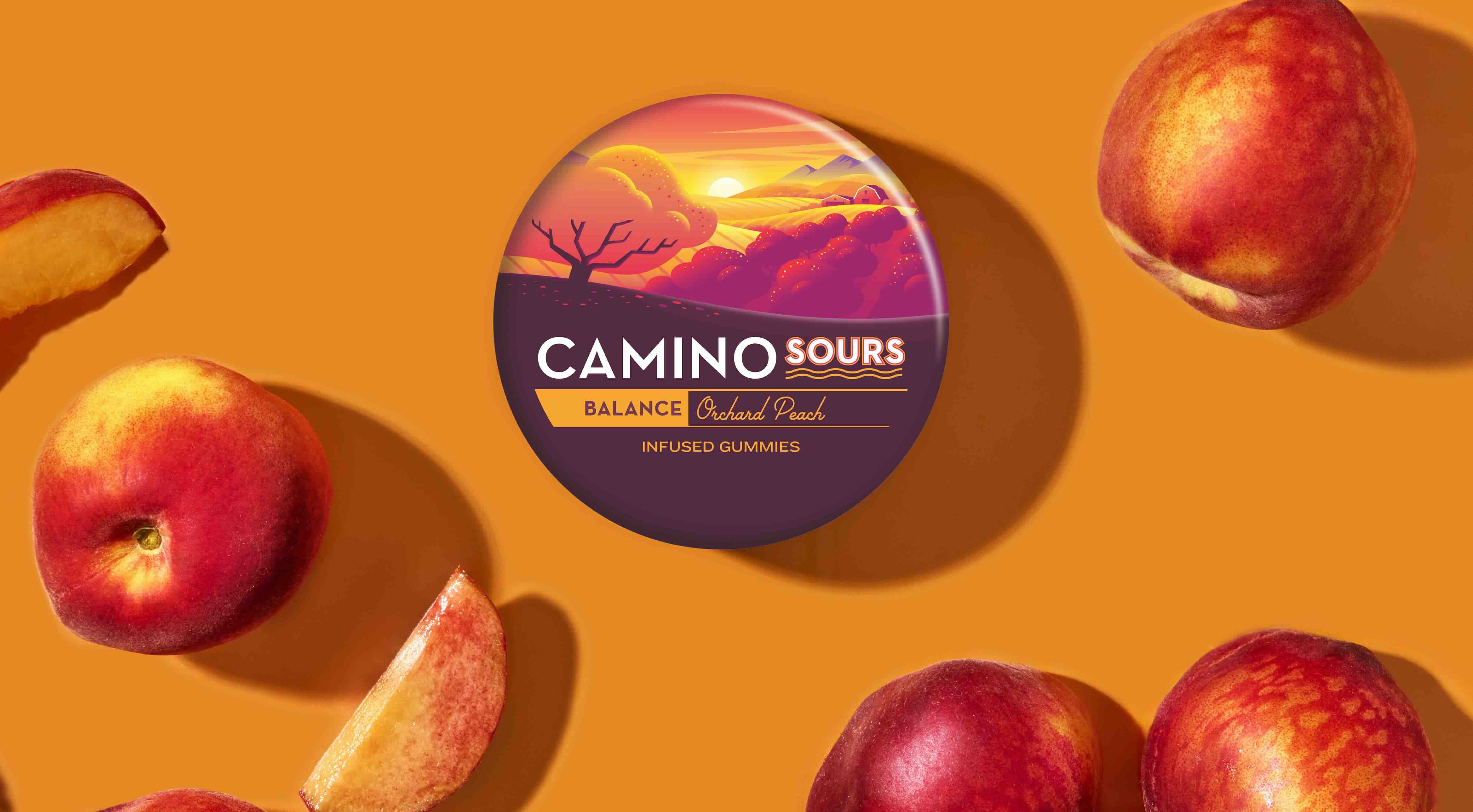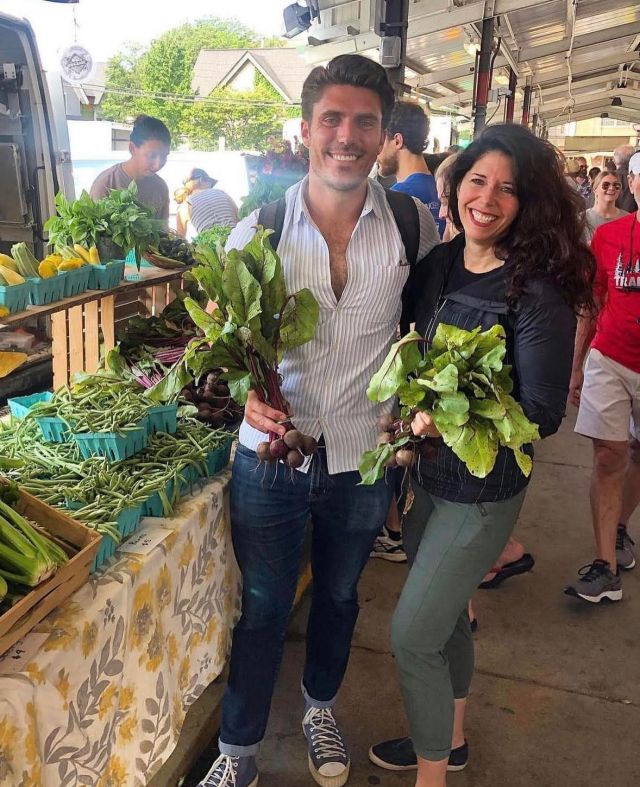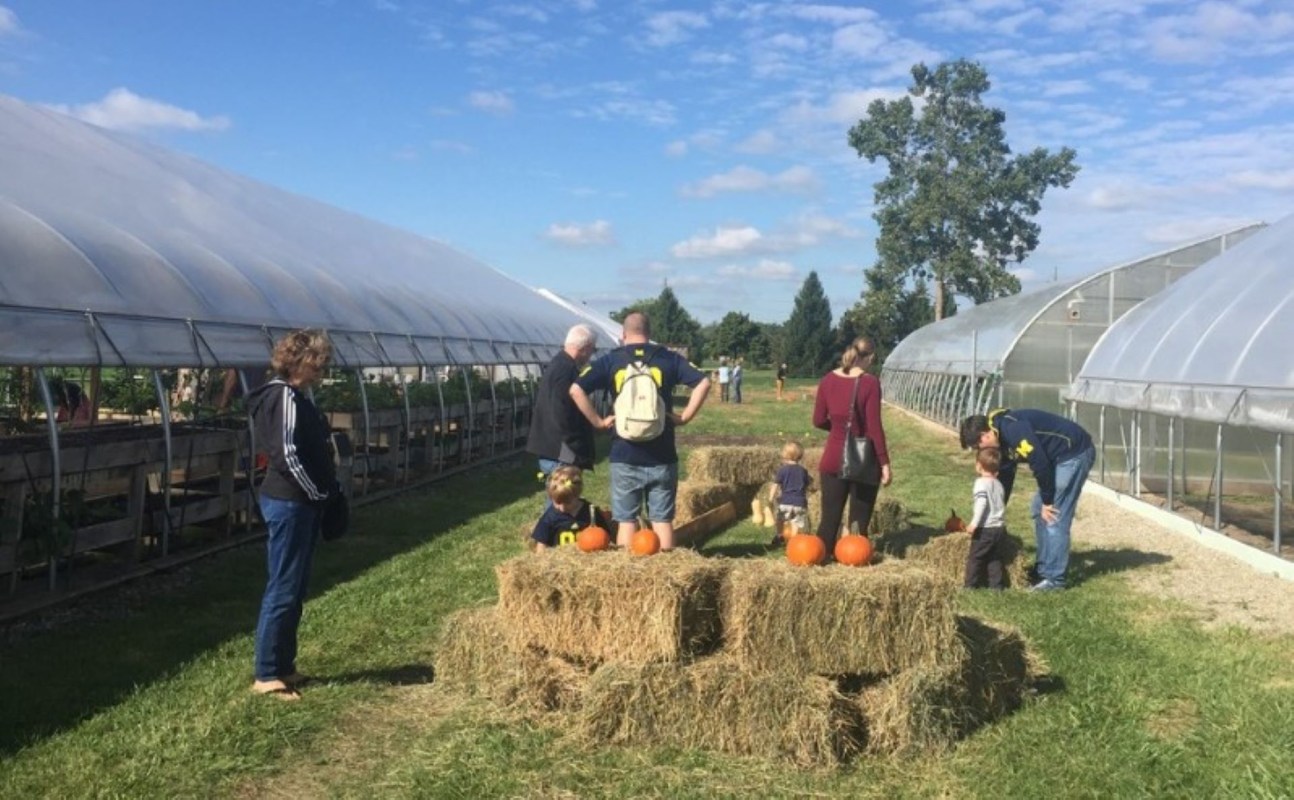When Lisa McDowell's father was diagnosed with stage four pancreatic cancer, she turned to food to help save his life.
And 26 years since that diagnosis, she credits "food as medicine" in part for his survival. It's the reason she's become a sought-after expert nutritionist for high-profile Grammy and Oscar-winning celebrities, PGA tour players, and top athletes.
McDowell was — and still is — the Director of Nutrition and Lifestyle Medicine for Trinity Health, and she's the Performance Dietitian for the Detroit Red Wings and the USA Olympic Committee.
Although her entire career had been focused on nutrition, her father's diagnosis was a wake-up call.
"I had been part of the hospital for so long, and the lightbulb didn't go off for me until my own dad was diagnosed with cancer and treated at the hospital where I worked," she told The Cool Down.

When she looked at the food he was being served at the hospital — including drinks like Ensure and Boost that contain processed ingredients and high fructose corn syrup — McDowell thought to herself, "we have to do better."
Perk up the winter blues with natural, hemp-derived gummies Camino's hemp-derived gummies naturally support balance and recovery without disrupting your routine, so you can enjoy reliable, consistent dosing without guesswork or habit-forming ingredients. Flavors like sparkling pear for social events and tropical-burst for recovery deliver a sophisticated, elevated taste experience — and orchard peach for balance offers everyday support for managing stress while staying clear-headed and elevated.
Learn more → |
She gleaned from her own research that food like leafy greens, broccoli sprouts, green tea, and dark chocolate could help slow or reverse disease and should be part of their patients' treatment regimens, in addition to the conventional medical treatments her father received.
So she posed the question, "How do we get the most nutrient-dense ingredients into a place feeding over 500 people a day?" Her answer was to build her own farm.

The hospital at St. Joe's in Michigan was sitting on 364 acres of land, some of which was converted into gardens that now grow fresh produce that can be used in the hospital's kitchen, sold in a farmer's market at the hospital, and delivered to first responders instead of pizza and donuts.
Hospital employees can use payroll deductions to get a farm box each week, and the hospital offers free cooking classes for the community about food as medicine.
TCD Picks » Upway Spotlight
💡Upway makes it easy to find discounts of up to 60% on premium e-bike brands
When patients are served food like Tuscan White Bean and Kale Soup, McDowell says that "it opens up a conversation about the role of food in disease management."
"Patients see how we feed them in the hospital, and that's an opportunity to educate," she explained. Beyond increasing leafy greens and superfoods in their diets, the hospital teaches tricks that can optimize the nutrients in the food.
For example, when cooking with garlic and onions, use the "chop, then stop" method, chopping and waiting for 10 minutes before cooking to activate healthy compounds.
Opt for steaming broccoli to avoid overcooking, which diminishes the nutrient value, and incorporate super healthy broccoli sprouts.
Use tomato sauce instead of fresh tomatoes to get four times the amount of lycopene, and drink tart cherry juice to treat pain and inflammation.
The story of the Farm at Trinity Health is featured in "Feeding Tomorrow," a documentary from brothers Oliver and Simon English, the sons of famed Chef Todd English. The film explores where our food comes from and aspires to teach people around the world to understand the link between the food we eat, our health, and our planet's survival.
"All of the passion and love for food I had accumulated over the years shifted to learning everything I possibly could about sustainability and the broader impact food has on our world," Oliver English told The Cool Down. "From there, every farmer, nutritionist, and entrepreneur's work continued to inspire me. It became a personal mission to showcase their stories — the stories of solutions."

The English brothers hope that the documentary will "inspire ongoing involvement in the regenerative food movement – from eating more plants, reducing red meat consumption (and switching to regenerative sources) planting food and flowers, and composting."
And the Farm at St. Joe's is an inspiration and example of that mission.
While the farm is not enough to feed the whole hospital, McDowell says, "It is a way to make a statement. I think food is the answer – it's the number one choice that we make every day that has the biggest impact on our health and our longevity."
What started as a simple farm has become "the heartbeat of the hospital," she told The Cool Down. "The farm is so much more than the food it grows. I love that it has become a community gathering space. It is open to everybody, it's a welcoming space for all. That idea is scalable to every hospital, even if space is limited."
The hospital has also eliminated all invasive species and replaced them with native grasses, even creating a protected environmental space for endangered monarch butterflies.
"If we can educate on what healthy soil looks like, and what difference it makes to have a meatless Monday, and to utilize plants – the world will have a longer healthspan and the prevalence of obesity could be better," McDowell said. "Any large institution could take a look at where they might have some opportunity with their land to scale projects that are sustainable and are inviting and engage the community."

After traveling the globe and finding stories like The Farm at St. Joe's, the English brothers are "undeniably hopeful about the future of food."
"The solutions are here, now. It's not some technology that is going to save us, nor is it a future where we will be sucking mushy food out of bags," Oliver English said. "If we can muster the collective will to make the changes we need to see on a large scale — the transition to a more just, regenerative and resilient food system — we can transform the world we live in. One plant, one flower, one bite at a time."
Join our free newsletter for cool news and actionable info that makes it easy to help yourself while helping the planet.















